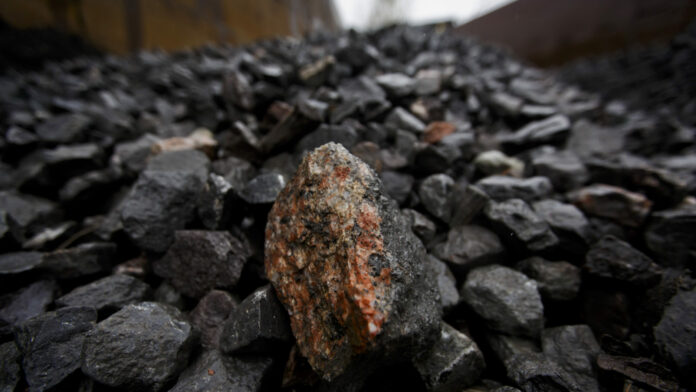
URANIUM development firm GoviEx may well have a route back into the suspended Madaouela project in Niger after agreeing with the government to talks.
In July, Niger withdrew GoviEx’s mining permit to the $343m Madadouela saying the Canadian company had taken too long to develop the project. GoviEx subsequently took the matter to arbitration under the ICSID Convention.
GoviEx said on Tuesday, however, that after meeting in Cape Town in February with the Niger government it had signed a letter of intent “agreeing to a structured roadmap that details a mutually acceptable plan to negotiate a resolution”.
As a result GoviEx Uranium Inc and GoviEx Niger Holdings have agreed to temporarily suspend the ongoing arbitration proceedings under the ICSID Convention, GoviEx said. “This suspension will remain in place until a resolution is reached or until it is determined that no settlement is possible,” it added. Arbitration proceedings could resume if the parties fail to find a solution, said GoviEx.
At the time of the withdrawal of the mining licence for Madaouela, GoviEx had started discussions aimed at raising $200m towards the project. But there were signs that trouble was brewing.
The former government of Niger under President Mohamed Bazoum had been overthrown in a military coup a year before, in July 2023. The military junta that took power, led by General Abdourahamane Tiane, kicked French troops out of the country and severed security pacts with the European Union. It left Western Allies fearful that Niger would become a new foothold for Russia in the region.
The new government also revoked the operating licence of French nuclear fuel producer Orano at one of the world’s biggest uranium mines.
The Financial Times reported earlier this week that US and European energy users are facing the threat of a decline in uranium supply as major producers such as Kazakhstan reroutes its production to Russia and China.
“Russian and Chinese players have been very keen to secure access to resources in central Asia and Africa, creating a very aggressive competitive environment,” Benjamin Godwin at Prism Strategic Intelligence told the newspaper.
“We’re on a depletion curve that I don’t think many customers have realised,” said Cory Kos, vice-president of investor relations at Cameco, one of the world’s largest publicly traded uranium producers and the biggest western supplier based in Canada. The direction of travel “was more flows of material into China”, he told the FT.











